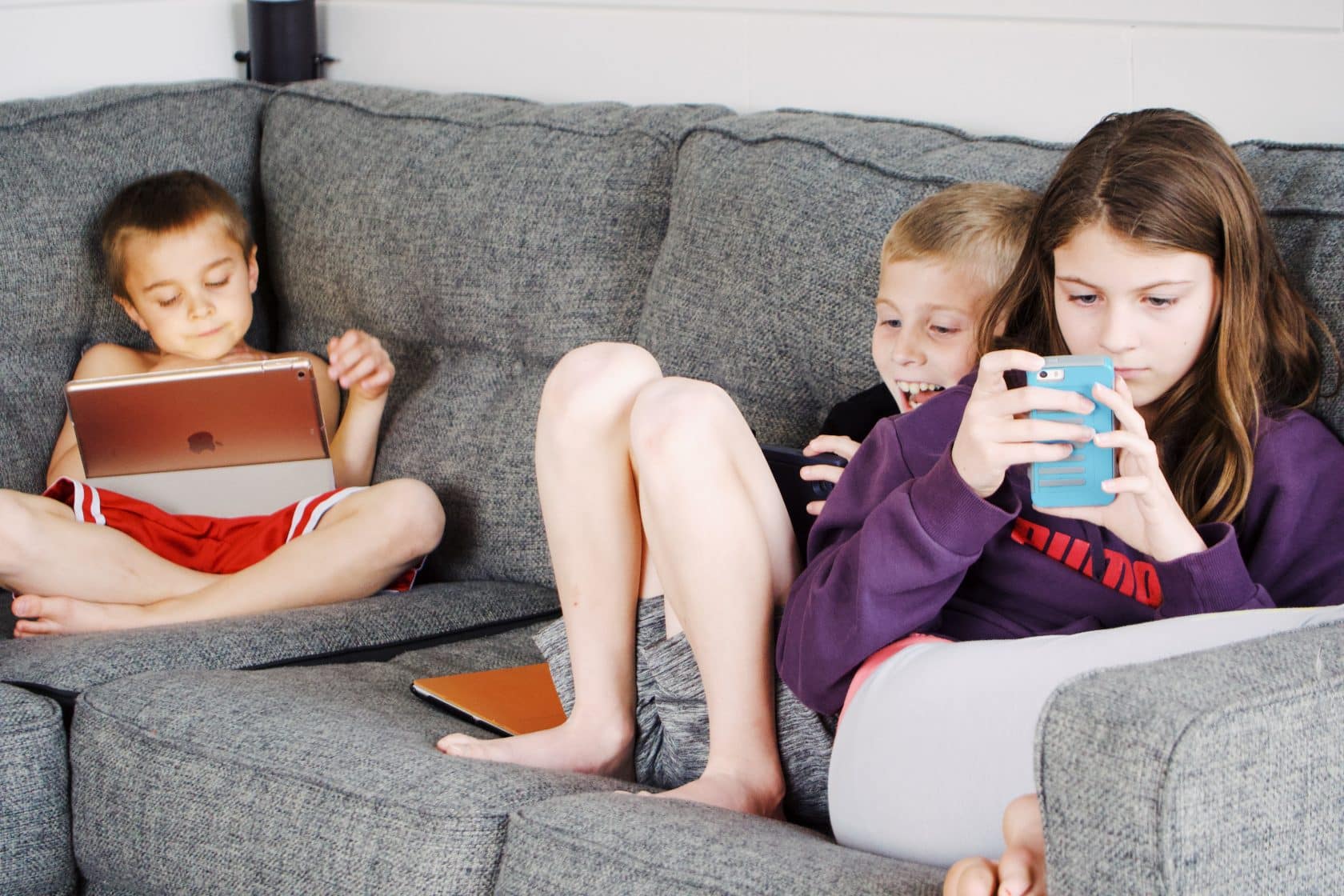Excessive screen time can lead to screen time depression in kids, resulting in various symptoms that affect their emotional well-being. Here are some of the most common symptoms of screen time depression in kids:
- Sadness: Excessive device use can contribute to feelings of sadness and emotional distress.
- Irritability: Kids may become easily agitated and exhibit signs of irritability due to prolonged screen time.
- Loss of interest: Spending excessive time on screens can lead to a diminished interest in activities that were once enjoyable.
- Sleep problems: Screen time can disrupt sleep patterns, causing difficulty falling asleep or maintaining a regular sleep schedule.
- Appetite changes: Excessive device use may lead to appetite disturbances, such as overeating or loss of appetite.
Recognizing these symptoms allows parents to address screen time concerns promptly. Goally’s tablet and apps tackle screen time depression by promoting healthy screen habits and teaching essential life skills through visual schedules, AAC communication, gamified learning, and emotional regulation.
This post was originally published on Feb. 15, 2023. It was updated on July 20, 2023.













